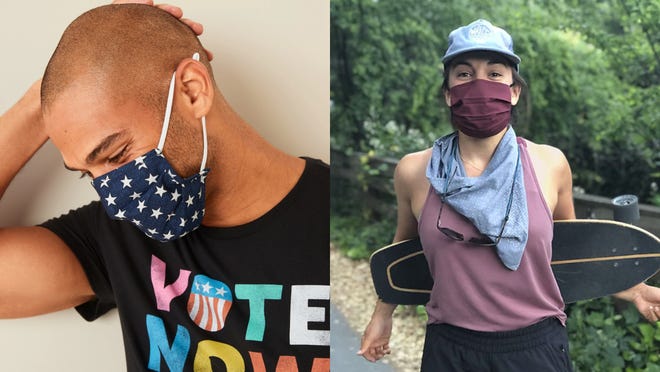

Attorneys for former Ohio House Speaker Larry Householder asked a judge to dismiss the bribery case against him, saying federal prosecutors never proved the GOP lawmaker engaged in quid pro quo.
Federal prosecutors say Householder and others participated in a conspiracy that funneled $60 million from Akron-based FirstEnergy Corp. through political nonprofits that don't have to disclose their donors, often called dark money groups. The cash was used to return Householder to speaker and in turn pass and protect a $1 billion bailout bill to benefit FirstEnergy and other utilities.
Householder, who has pleaded not guilty, faces a six-week trial as soon as this fall.
Prosecutors turned over more than 1.2 million pages of documents to bolster their assertions. But Householder’s attorneys say the federal case against their client is flimsy.
“The government’s motive in this case is clear: prosecute Householder based on headline-grabbing accusations of bribery, packaged in an inscrutable RICO (Racketeer Influenced and Corrupt Organizations) conspiracy indictment,” wrote attorneys Steven Bradley and Mark Marein. “What the indictment does not make clear is how Householder’s conduct amounts to a federal crime.”
Attorneys argued that federal prosecutors were using criminal law to enforce their own view of how the state should make policy.
Householder received campaign contributions through Generation Now, a dark money group, but that money was a donation protected by the First Amendment – not a bribe, they wrote.
Householder also crafted legislation, created House committees or voted on the nuclear bailout years after Generation Now received its first contributions – and that gap in time matters, according to legal cases cited by defense attorneys.
“The government fails to sufficiently allege an explicit quid pro quo agreement,” they wrote, adding that what other defendants believed or understood about Householder's actions was irrelevant.
Householder’s attorneys asked the federal judge to dismiss the entire indictment against their client – or at the very least, the alleged violations of state bribery law. Those charges can be prosecuted only if a case is brought against the politician at the Ohio Elections Commission, they wrote.
Federal agents arrested Householder, former Ohio GOP chairman Matt Borges, lobbyists Juan Cespedes and Neil Clark and political strategist Jeff Longstreth in July 2020.

Cespedes and Longstreth pleaded guilty, Clark died by suicide and Borges and Householder pleaded not guilty.
Householder asked the court to separate his case from Borges'. And he asked the court to limit what the jury may see in the criminal indictment, arguing that the words "Householder Enterprise" would unfairly prejudice jurors against him.
In July 2021, FirstEnergy signed a deferred prosecution agreement, admitted it used dark money to bribe Householder and former utility regulator Sam Randazzo and agreed to pay a $230 million fine.
Randazzo, who has not been charged, has maintained he did nothing wrong.
Federal prosecutors have until Feb. 22 to respond to the motions Householder just filed, according to the court schedule.
Read the motion to dismiss:
Jessie Balmert and Laura Bischoff are reporters for the USA TODAY Network Ohio Bureau, which serves the Columbus Dispatch, Cincinnati Enquirer, Akron Beacon Journal and 18 other affiliated news organizations across Ohio.
Source link








